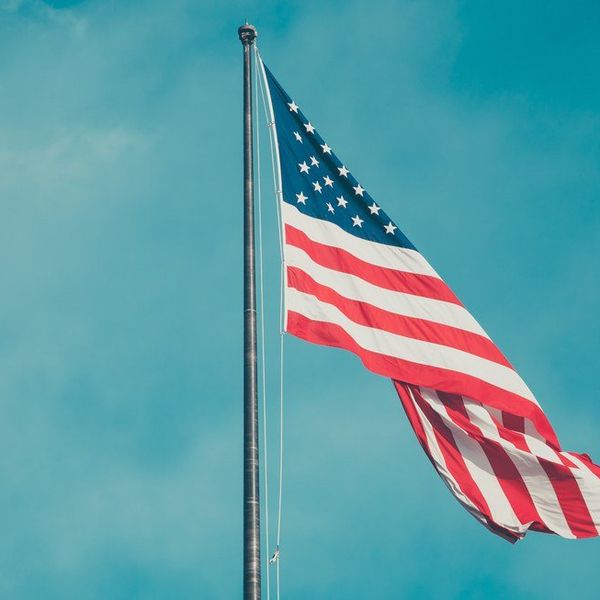While covering the Republican and Democratic Conventions of 1968 ABC, the network that seemed to be stagnating in last place behind NBC and CBS, decided to turn away from traditional "wall-to-wall" coverage by hosting a series of debates between intellectuals William F. Buckley, Jr. and Gore Vidal. This decision would change televised political discourse in America forever.
Robert Gordon and Morgan Neville's "Best of Enemies" is a brilliant assemblage of archival footage, talking-head analysis, and excerpts from the writings of Vidal and Buckley that acts as both a relic of the era and a criticism of modern media tactics in a politically polarized America. The documentary provides plentiful context for what it argues to be one of the most important turning points in American politics that you have probably never heard of.
The documentary is enlightening, educational, and entertaining as it recaps the ten Buckley-Vidal debates within the controversies that were dividing the nation. Tensions regarding the Vietnam War heavily influenced their exchanges during the Democratic Conventions while racial inequality and political greed were major themes during the Republican Convention coverage. The issues of widespread systems of institutionalized inequality and America's overseas involvement and evolution into what Vidal views as an empire remain relevant and provocative to this day, further strengthening the documentary's point that these debates solidly established the rifts that would grow between the Democratic and Republican parties and that would come to shape inflammatory punditry on television.
"Despite their ideological differences, they both see what the problem is: that America can't stay on the course it's on and that the country is being split at the seams. Each has staked out a position that portend where our country is divided right now." - Sam Tanenhaus, William F. Buckley, Jr.'s biographer
The vitriolic debates raised literally crumbling ABC's ratings and inspired other networks to attempt to recreate their success. Television went from being one of the most trusted, central, non-controversial institutions in America to a regular display of debate as a blood sport. One of the film's talking heads suggests that, all politics aside, "their real argument, in front of the public, is who is the better person." Even with the highly personal nature of their debates, media historian Eric Alterman suggests that pundit television as it is now has moved away from the high intellectual standard set by Vidal and Buckley saying that their discourse "did exactly what pundit television should do...elevated the discourse and educated people through it."
While both men were brilliant debaters, their audible and visible disdain for one another makes for great television. Most famously, after Gore calls him a "crypto-Nazi," Buckley calls him a "queer" and threatens to "sock him in the goddamn face" such that he'll "stay plastered." To which Vidal responded with a low-voiced, "That's extraordinary."
"The little door in William F. Buckley's forehead suddenly opened and out sprung that little cuckoo which I had always known was there and had always wanted others, preferably millions of others, to get a good look at." - Gore Vidal in Esquire Magazine
The film fades out with a threatening jumble of modern television news and serious of warnings against that which punditry has become.
"Does television run America? There is an implicit conflict of interest between that which is highly viewable and that which is highly illuminating." - William F. Buckley, Jr.
"Best of Enemies" is a must-watch for anyone interested in how mainstream news reporting has become a wasteland of nonsense that acts as low-hanging fruit for various programs of political satire. The somewhat-candid archival footage pairs with endlessly interesting commentary to create an all-encompassing look at how political discourse took a turn from a respectful interchange of ideas to something bordering on violence to perpetuate an ever-divided America.






















